Crime and violence against Dalit women is not only a women’s issue but also a larger social issue and a human rights violation. Violence against women is a direct result of unequal gender power relations upheld by social institutions.
Dalit women have been active in history though history has not recorded their contribution. They were actively involved in the anti caste and anti untouchability movements from the time of Babasaheb Ambedkar from the 1920s. Today they are the strongholds of the Dalit movements in thousands of Indian villages. They continue to play critical role in the movements for land rights and against liquor in many parts of the country. They are making their mark as independent thinkers and writers in the literary world and visionary leaders in the Panchayati Raj Institutions. Violence on Dalit women continues unabated despite a number of Constitutional provisions of equality non discrimination special protective promotional and monitoring measures legislative measures and international obligations and commitments.
Dalit women are suffering double discrimination on basis of caste and gender. Many young Dalit girls for example end up as prostitutes under the guise of the religious practice Devadasis meaning female servant of God. They end up serving upper caste members sexually. Many of them are eventually sold to an urban brothel. Other Dalit women are frequently raped gang raped beaten tortured or forced to walk through the streets naked as punishment for something she or her family has done. The nature and cause of violence against Dalit women range as wide as one can scan. These are firmly rooted in the caste ethos which prescribes the position and behaviour of Dalit communities in relations to dominant caste women men and children and their material possessions. Any perceived deviation or non compliance is enough reason. While family violence is also prevalent the threat of violence from the dominant castes looms high in every family and community across the country. This book highlights the suffering of Dalit women their families and puts emphasis on the work needs to be done to stop the crime and violence against Dalit women.

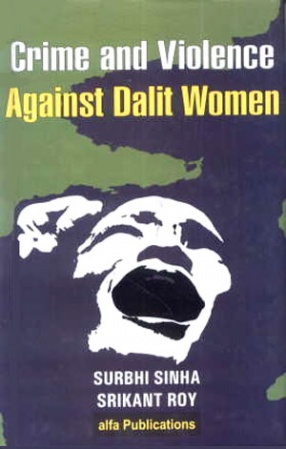
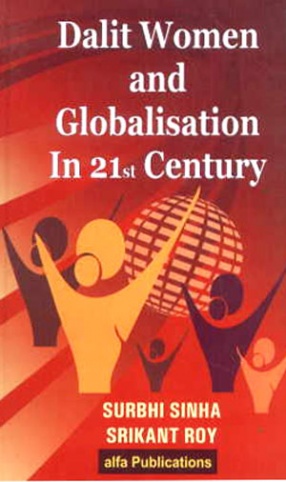
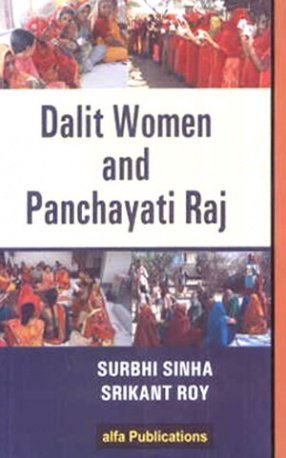

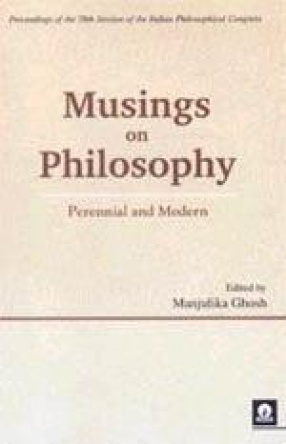
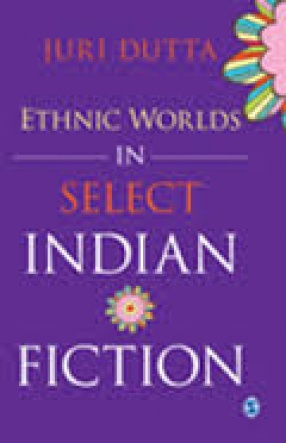
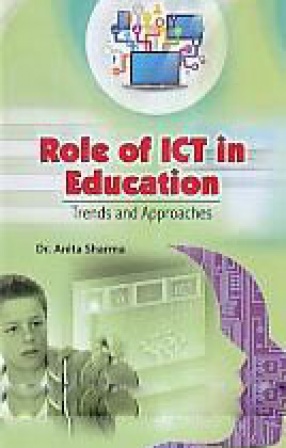
There are no reviews yet.